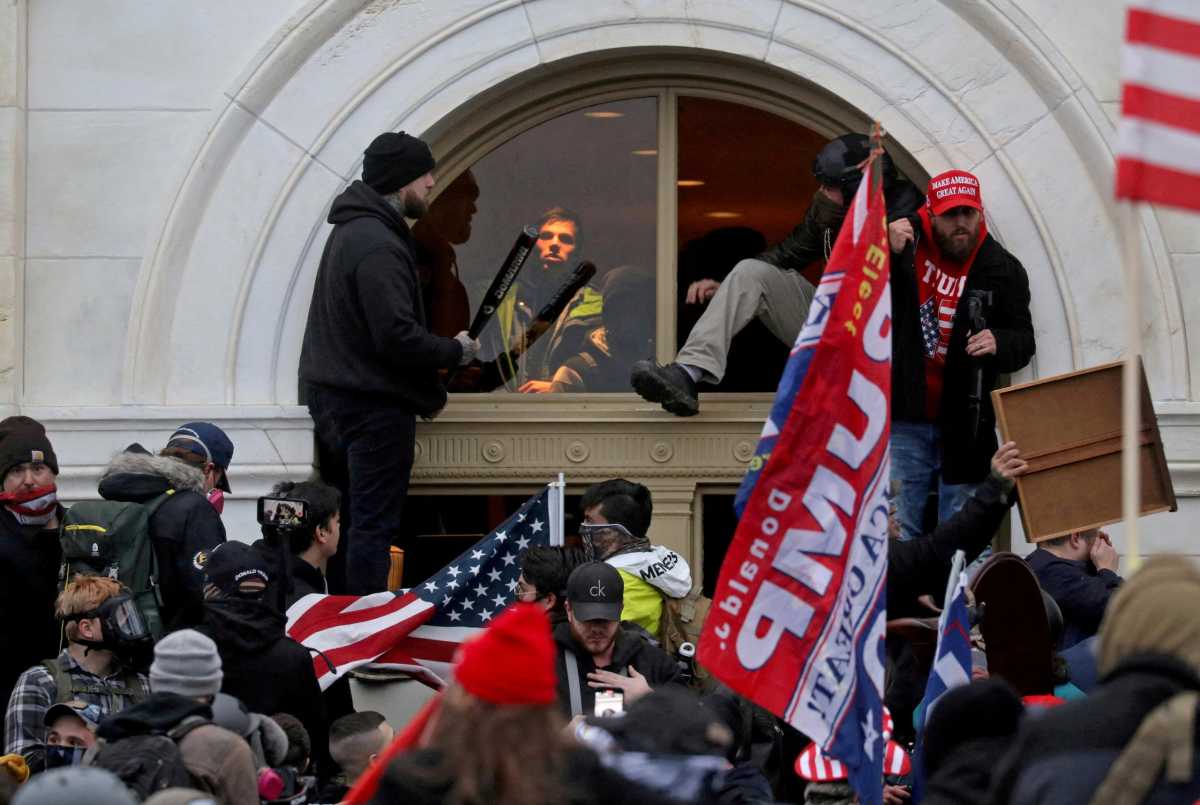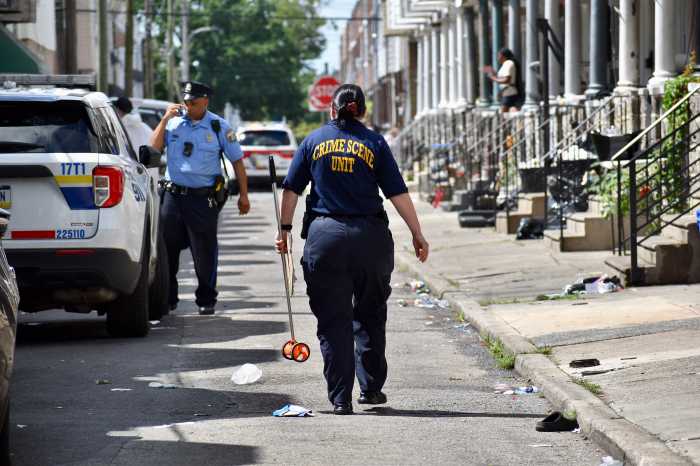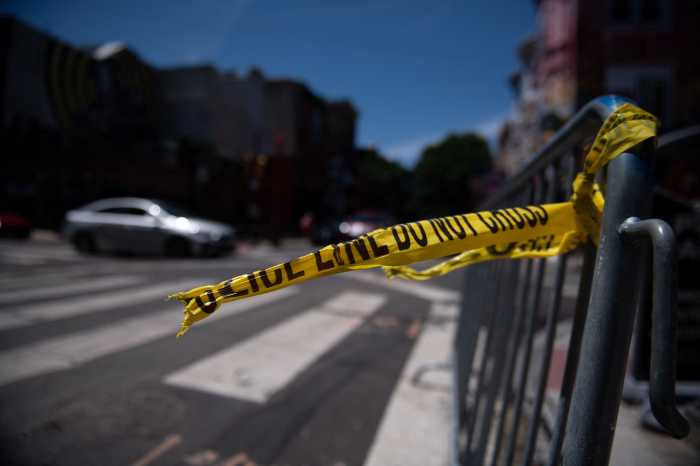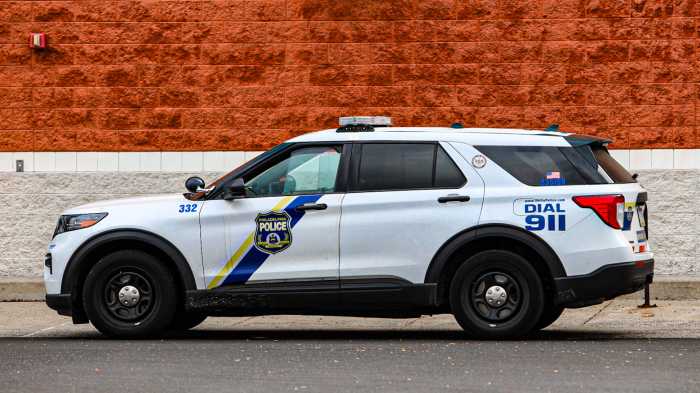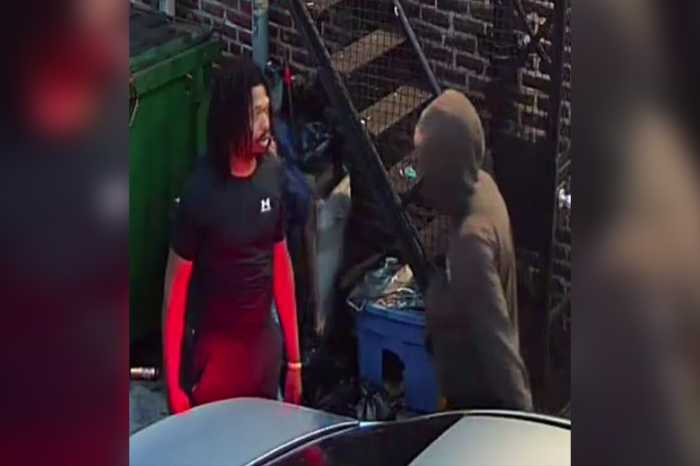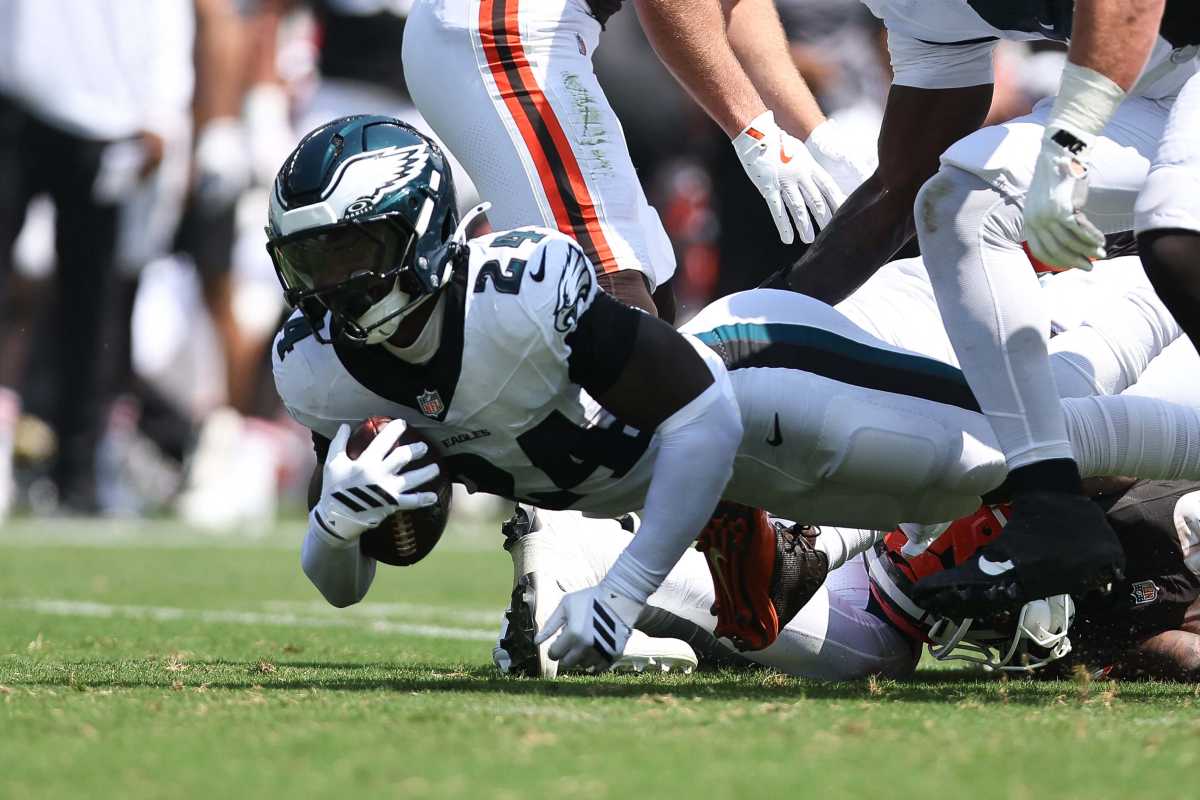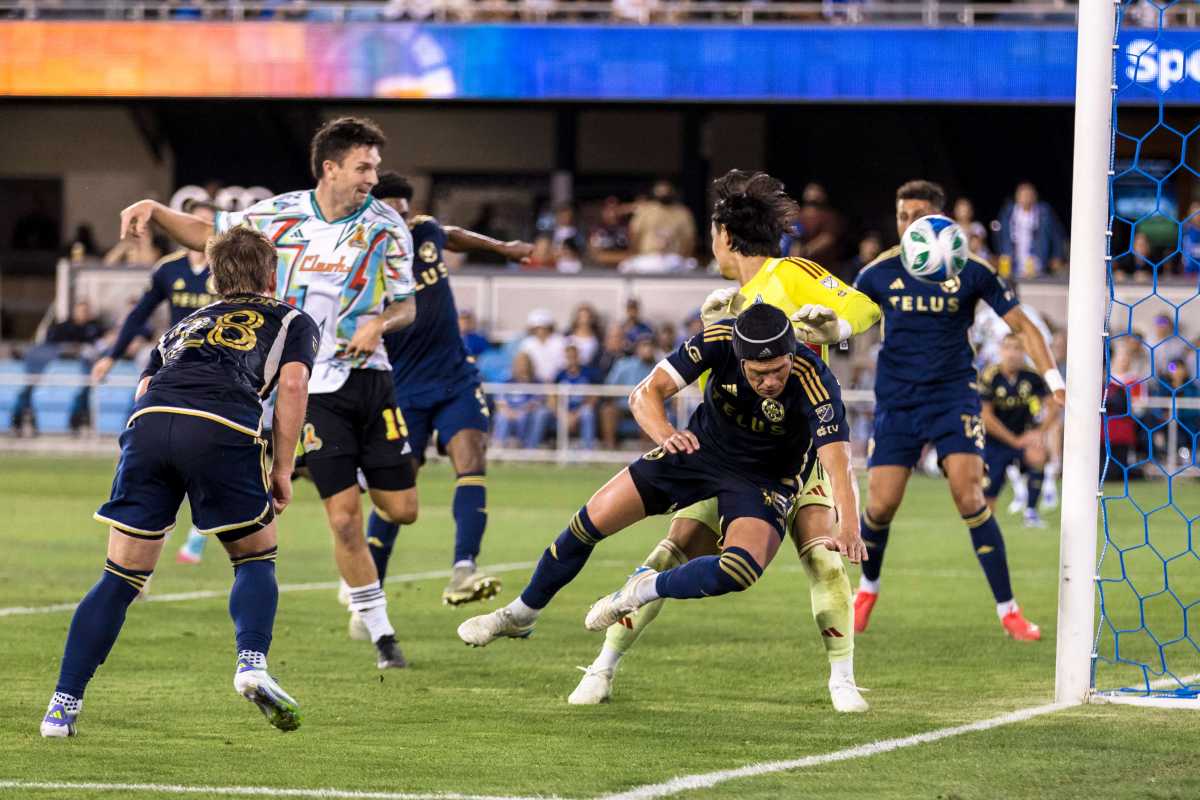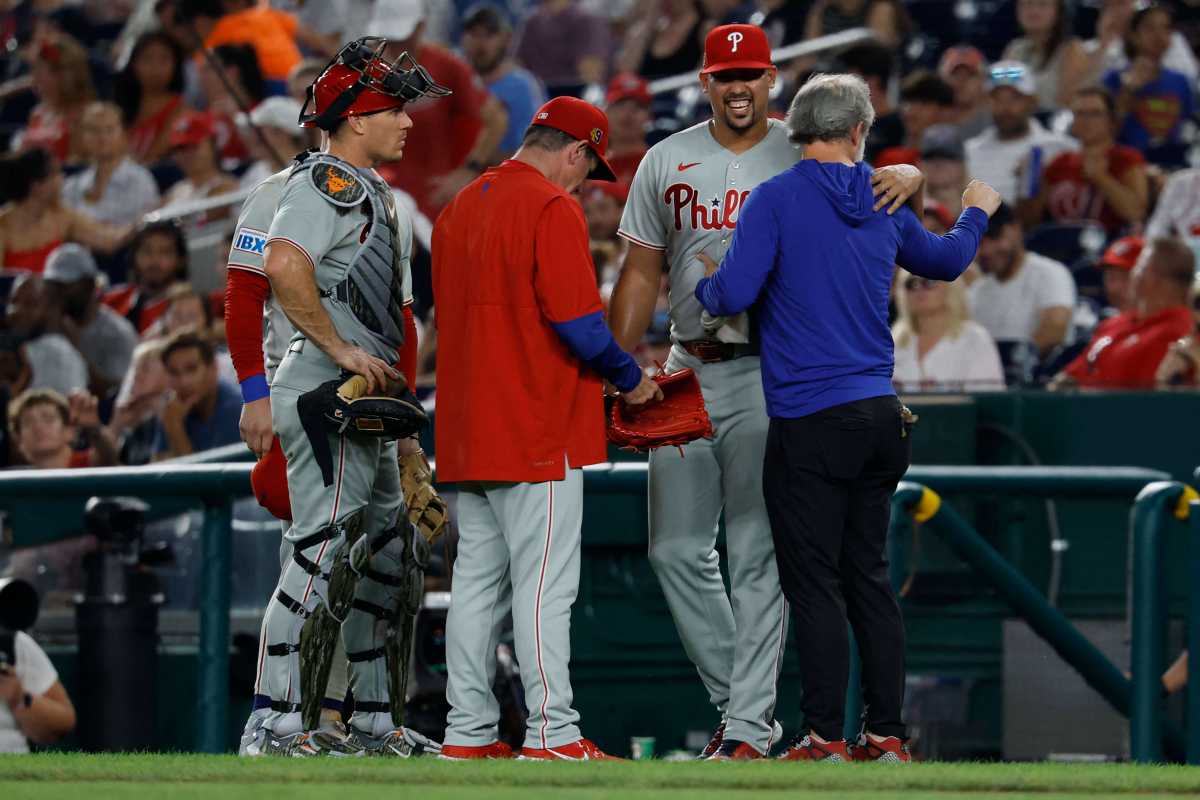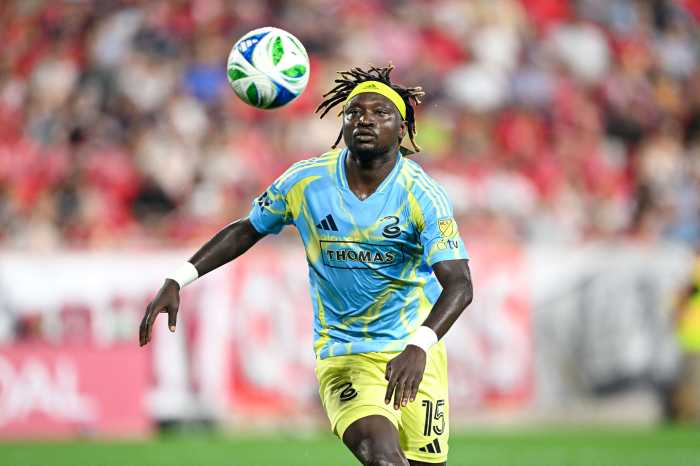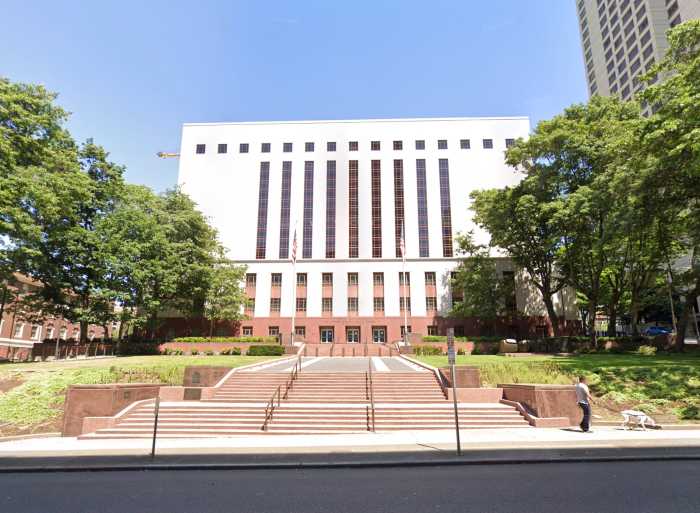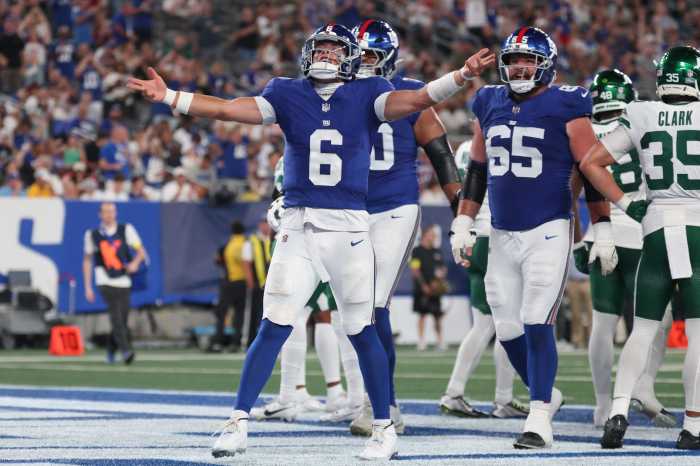By Jan Wolfe
Prosecutors can expect a wave of guilty pleas from some of the hundreds of people charged with joining the assault on the U.S. Capitol, after the first criminal trial related to the riot ended in a lightning-quick guilty verdict on Tuesday, legal experts said.
A Washington, D.C, jury deliberated just two hours before finding Guy Reffitt of Texas guilty on all five charges he faced for his role in the Jan. 6, 2021, violence by Donald Trump’s supporters, including bringing a gun onto the Capitol grounds and obstructing an official proceeding. He faces up to 20 years in prison.
“This is a big win for prosecutors,” said Jessica Levinson, a professor at Loyola Law School in Los Angeles. “Get ready for a flood of plea deals from other Jan. 6 defendants.”
The U.S. Justice Department picked up momentum over the past week in its cases against participants in the largest assault on the seat of Congress since the War of 1812, an attempt to stop the certification of President Joe Biden’s election victory.
Reffitt’s guilty verdict came the same day prosecutors charged Enrique Tarrio, the former chairman of the right-wing Proud Boys, on conspiracy charges for allegedly helping plan and direct the assault, though he was not present at the Capitol that day.
Also during Reffitt’s week-long trial, Joshua James, one of the 11 people affiliated with the right-wing Oath Keepers charged with seditious conspiracy for their alleged role in the attack, pleaded guilty to criminal charges.
Almost 800 people face criminal charges relating to the Jan. 6. More than 200 have already pleaded guilty rather than invoke their constitutional right to a jury trial — a common move in the U.S. legal system that typically results in a lighter punishment.
Reffitt was the first Jan. 6 defendant to roll the dice on a trial. Legal experts said the strategy was risky because prosecutors have a wealth of video evidence and because jurors in the District of Columbia are unlikely to be sympathetic to Jan. 6 defendants.
“If there were other Jan. 6 rioters who were on the fence about whether to roll the dice and go to trial, this verdict sends them an unmistakable message about the government’s ability to prosecute these cases quickly and effectively,” said Randall Eliason, a former federal prosecutor now at the George Washington University Law School.
“I expect this will lead additional defendants to decide to plead guilty and cooperate with the government.”
DEFENDANT’S HELMET-CAM
The Capitol attack has been called the most documented crime in history, thanks both to the large number of news media at the scene and the many participants who took photos and videos of their actions that they shared online.
Reffitt, 49, roamed the Capitol grounds with a camera mounted to his helmet, and prosecutors showed jurors video footage taken by that camera.
In one clip, Reffitt repeatedly urged rioters to drag House of Representatives Speaker Nancy Pelosi and other lawmakers out of the Capitol building.
“I didn’t come here to play — I’m taking the Capitol,” the video showed Reffitt saying at one point. “I just want to see Pelosi’s head hitting every stair on the way out.”
Reffitt’s lawyer, William Welch, argued that Reffitt is only guilty of entering a restricted area and should be cleared of more serious charges.
“This case has been a rush to judgment, most of it based on bragging and a lot of hype,” Welch told jurors.
While defendants who plead guilty typically get a shorter prison sentences, Reffitt was still looking at years behind bars if he pleaded guilty. People facing criminal charges all have different risk tolerance, and Reffitt may have decided the chance of a victory at trial was worth chasing, said Jeffrey Cohen, a former federal prosecutor in Boston.
Reffitt is a member of a far-right militia group called the Texas Three Percenters. While Reffitt has not made clear his thought process, it is possible he refused a plea deal because he remains convinced that his actions were justified, said Cohen, now a professor at Boston College Law School.
Some defendants may be holding off on pleading guilty because of an ongoing debate among judges. On Monday, U.S. District Judge Carl Nichols ruled that prosecutors cannot charge Jan. 6 defendants with obstructing an official proceeding unless they tampered with official documents or records during the Capitol breach. Several judges have disagreed with Nichols’s interpretation of the law, and the issue will likely be resolved by an appeals court this year.
But a slew of plea deals could follow Reffitt’s verdict nonetheless, experts said.
“This verdict might wake up other defendants to the reality that jurors won’t see things their way,” said Cohen.
Reuters



